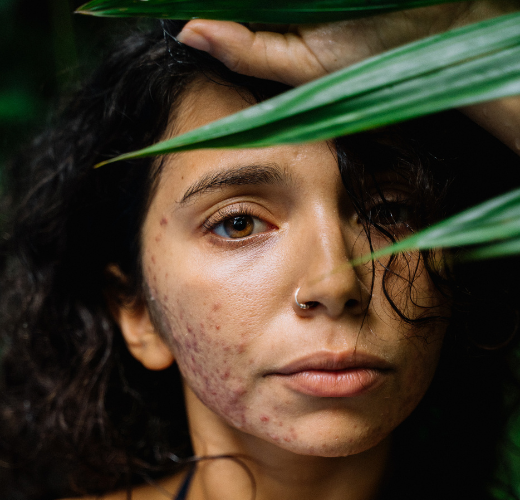Summer skin ultimate dos and don’ts
·

·
The summer season may be more relaxing for you, but it can be especially stressful on the skin. Extra sun exposure is just the beginning, and increased temperatures and humidity can take a toll as well.
The DOs
- As a dermatologist, it’s my job to remind you that it’s essential to wear sunscreen every day (even if you’re not at the beach or in the pool)—and to reapply every two hours or after swimming, sweating or towel-drying (whichever comes first).
- If you use retinol, alpha-hydroxy acids, salicylic acid or any other exfoliating skincare products (or undergo any exfoliating treatments like chemical peels) and plan to spend an extended period of time outside, it’s imperative that you use a broad-spectrum, high-SPF sunscreen (and reapply it as recommended).
- Steamy summer weather and the perspiration that comes along with it can bring on the breakouts. Those with acne-prone skin should stick to oil-free and non-comedogenic skincare products. (Read your labels.)
- Load up on antioxidants in both your diet and skincare routine. You should be just as concerned about free radicals as you are about UV rays, and antioxidants can help stave off the cellular damage that leads to changes in the skin’s health and appearance down the line.
- Make sure your lips are protected from the sun. If lip color is part of your poolside look, remember that your daily go-to gloss may actually attract UV rays. Opt for a product that offers antioxidant protection such as Karité Baume à Lèvres Lip Balm.
The DON’Ts
- Avoid over-exfoliating during the summer because those extra layers of skin cells actually provide a wee bit of protection against the elements. Too much exfoliation can leave the skin extra-vulnerable to sun-induced pigment changes (especially in those with darker skin tones).
- When applying your facial SPF every morning, don’t forget to blend it into your hairline. Many women and men want to avoid getting sunscreen in their hair, but this is a common skin-cancer spot.
- If you wear your hair with a distinct part, don’t forget to protect this sliver of exposed skin from the sun. You can apply traditional sunscreen, or use a translucent or tinted brush-on SPF powder depending on your hair color.
- If the margaritas or other citrus-laden drinks are flowing, be mindful about spilling. When lime, lemon or orange juices on your skin are exposed to UV rays, a reaction called phytophotodermatitis may occur. This is a form of contact dermatitis that can cause itching, inflammation, blister-like patches and long-lasting pigment changes on affected areas of skin.


